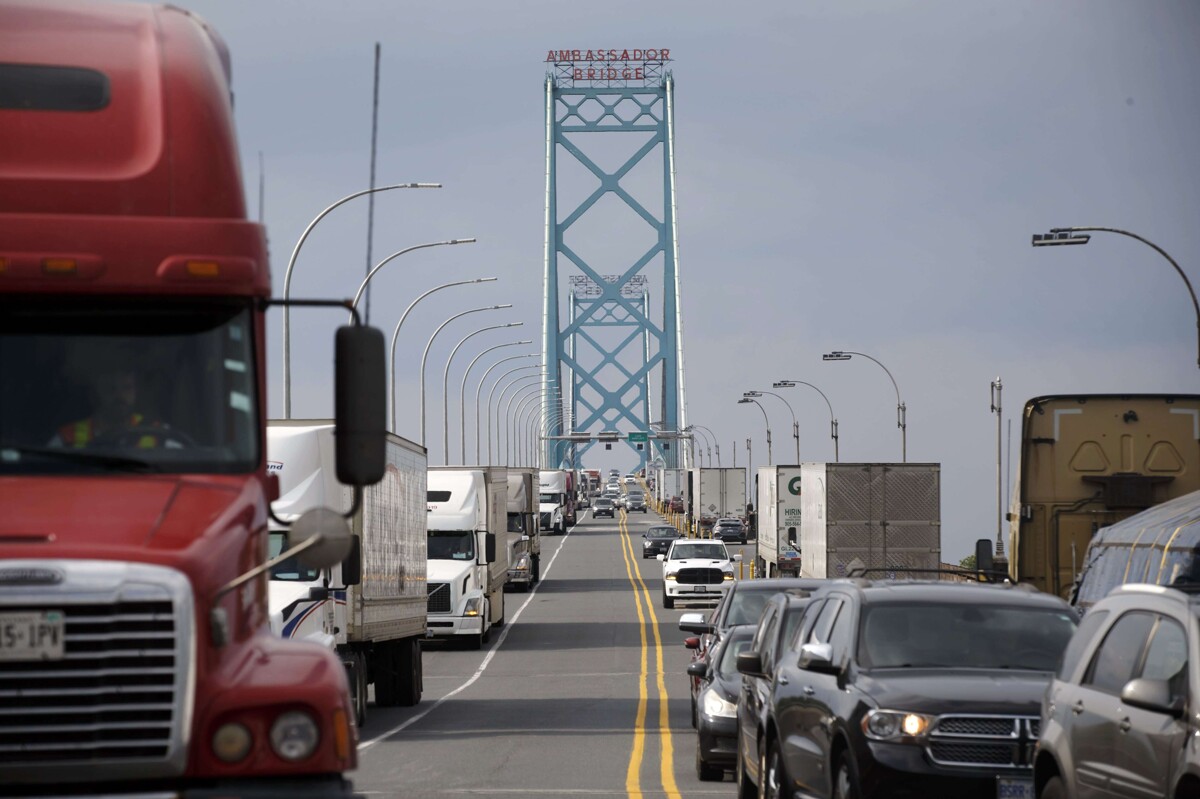
President Trump is committed to demonstrating the political and economic superiority of the United States and may respond with more trade restrictions. One idea is to use tariffs only as a threat to negotiate trade concessions without actually affecting trade. Additionally, the U.S. trade deficit has increased due to a rise in net capital inflows.
Regarding Mexico, given the importance of trade relations with the United States, it is essential to understand the weakness of certain ideas to respond appropriately to U.S. measures. For example, the notion that a trade deficit is undesirable reflects an internal weakness and abuse from other nations, but it can be countered by balancing the balance of payments.
Concerning the trade war between the U.S. and China since 2018, China’s participation in U.S. imports has decreased while that of other Asian nations, Mexico, and Canada has increased. President Trump has conditioned the imposition of tariffs on Mexico and Canada on their cooperation in immigration and drug issues, which has created uncertainty about U.S. trade policies.
Despite Trump's misconceptions about international trade, imposing tariffs in retaliation would not be effective against the U.S., as it is a net exporter of goods and services and a net recipient of capital. The cancellation of NAFTA and its successor, USMCA, has harmed the economic integration of North America, and the cost of tariffs falls on consumers and producers.
In summary, the pursuit of trade surpluses through tariffs and import barriers can lead to increased costs for consumers and producers and potentially harm the national economy.














